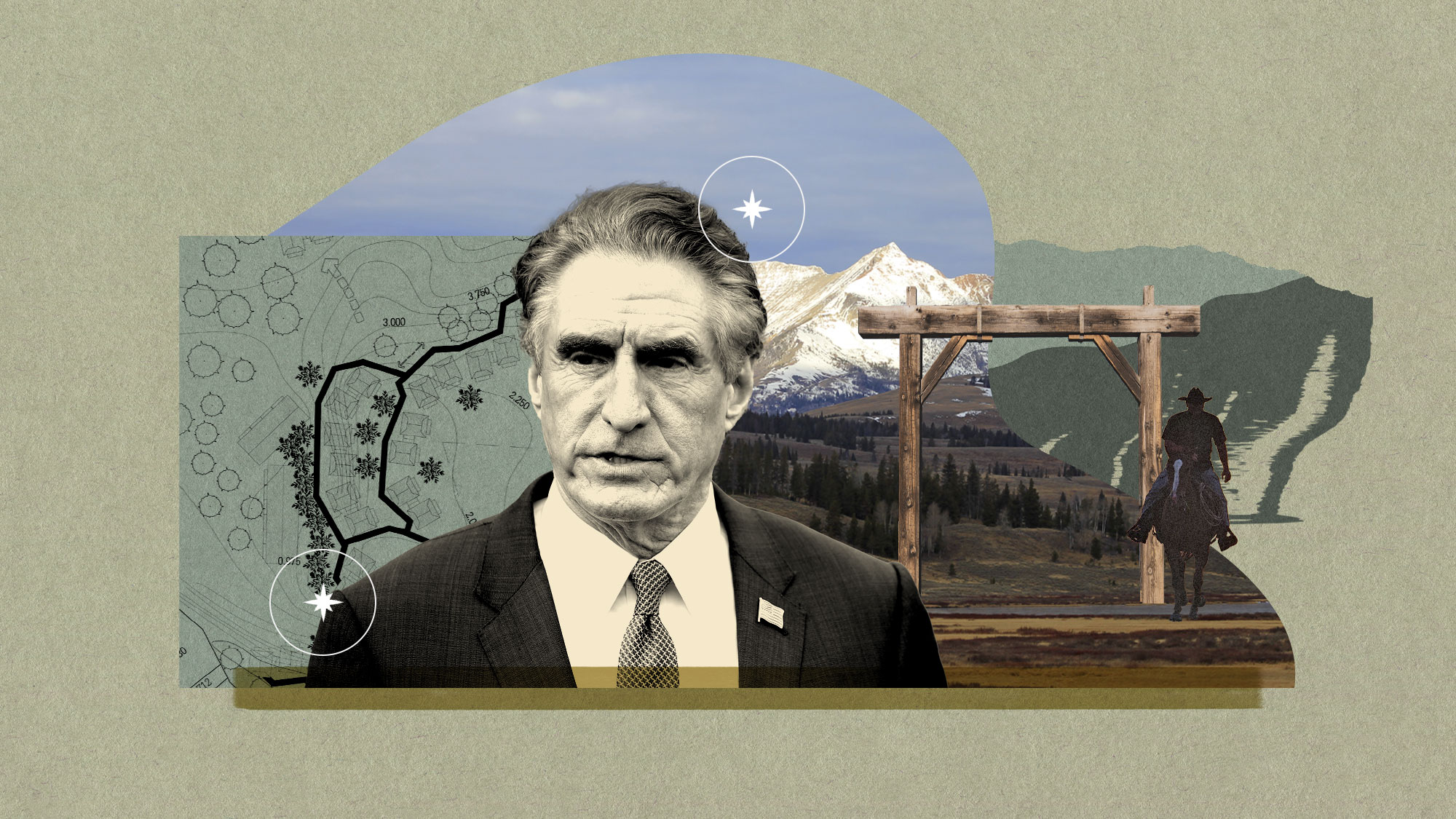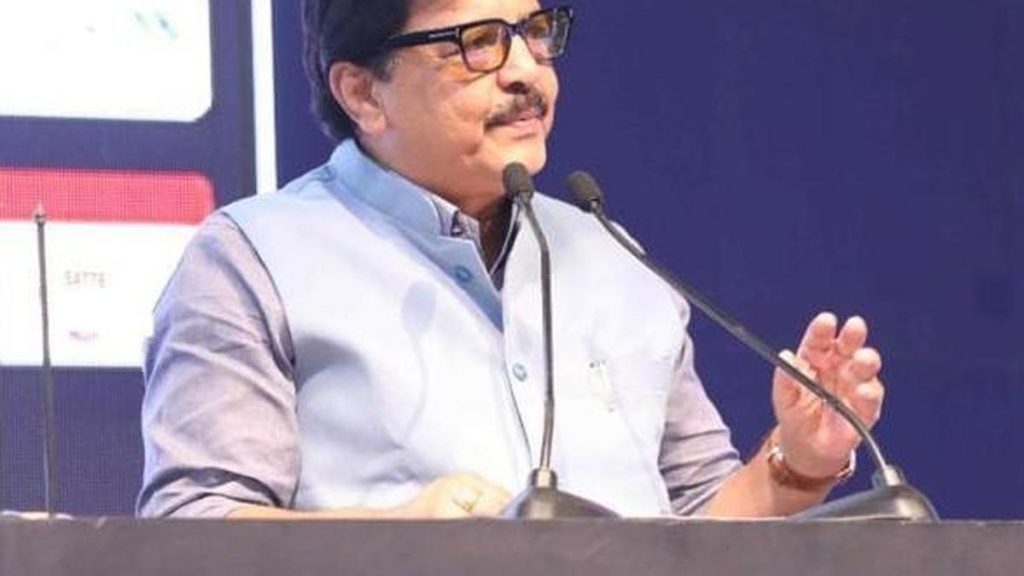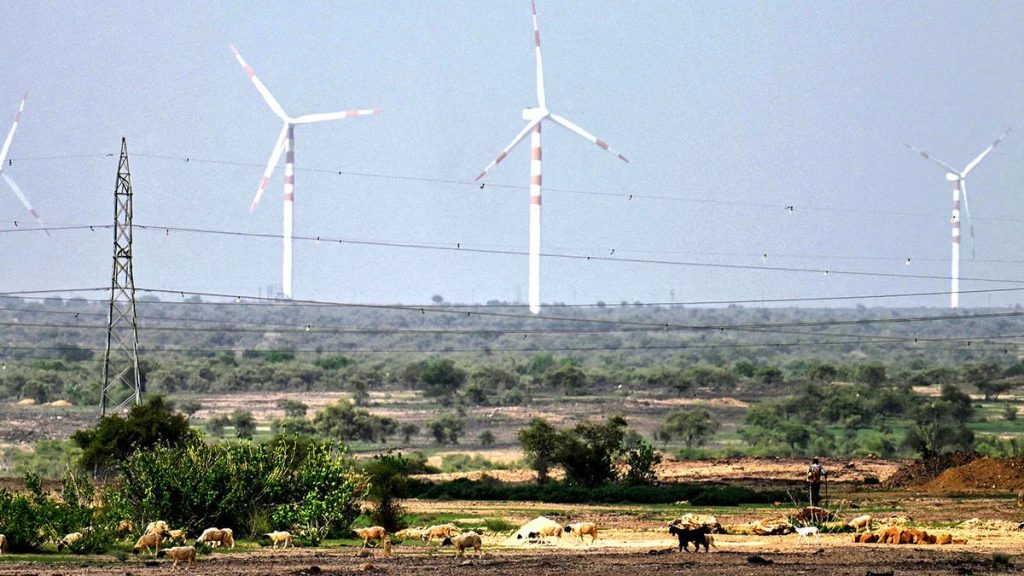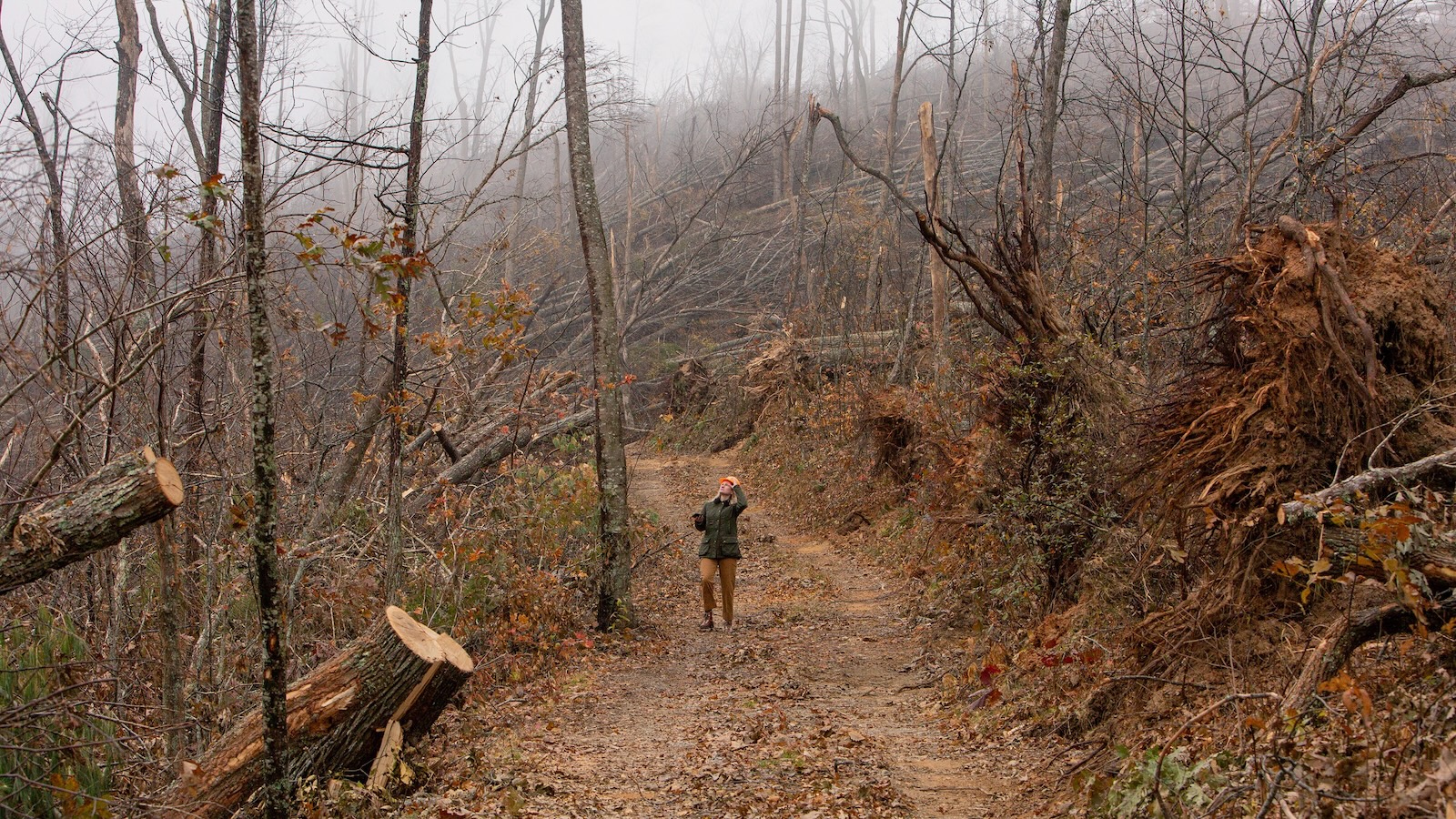Now Reading: Trump’s Plan to Privatize Federal Land Sparks Debate on Public Access
-
01
Trump’s Plan to Privatize Federal Land Sparks Debate on Public Access
Trump’s Plan to Privatize Federal Land Sparks Debate on Public Access

Swift Summary:
- The Trump management plans to sell or transfer federally managed public land, aligning with a conservative goal to reduce government oversight in the West.
- Federal agencies currently manage 640 million acres (28% of U.S. land). Interior Secretary Doug Burgum has identified urban-proximate parcels for potential sale.
- Critics raise concerns about clarity and ethical conflicts, such as Burgum’s connection to the Yellowstone Club, a luxury real estate firm indirectly benefiting from federal land swaps.
- A recent controversial land swap between the club and U.S. Forest Service reduced public access to recreational areas in Montana while enhancing private holdings for exclusive use.
- Opposition remains strong among conservationists, hunters, and Western voters; polls show widespread disapproval of federal-to-private or state-controlled transfers of public lands for housing advancement.
- Ethical concerns have been highlighted by former White House ethics lawyer Richard Painter regarding Burgum’s financial interests tied to the Yellowstone Club.
- Experts question whether proposed developments would address affordable housing needs effectively due to location challenges and risks of privatization favoring wealthy elites over low-income families.
Indian Opinion Analysis:
Land management policies focusing on offloading public assets have often sparked debates globally but carry unique implications in India rooted in balancing developmental needs with environmental stewardship. Drawing parallels may be useful: Public lands’ intricate role-as biodiversity reservoirs, cultural heritage sites, and livelihoods for tribal communities-echoes India’s dependency on judicious resource allocation under government control.
The initiative by Trump’s administration underscores complexities where economic ambitions intertwine with preserving public goods. For India-with sensitive ecosystems like Himalayan forests or urban growth issues-it might prompt reflections around transparency when transferring common-use lands into privatized zones that potentially restrict equitable access. Moreover, safeguarding ethical considerations amid overlapping interests would resonate.
the Indian context demands advanced scrutiny toward applying global precedents responsibly rather than replicative pushes disproportionately aiding affluent sectors first amidst addressing affordability crises.” Readmore link Buttons

























